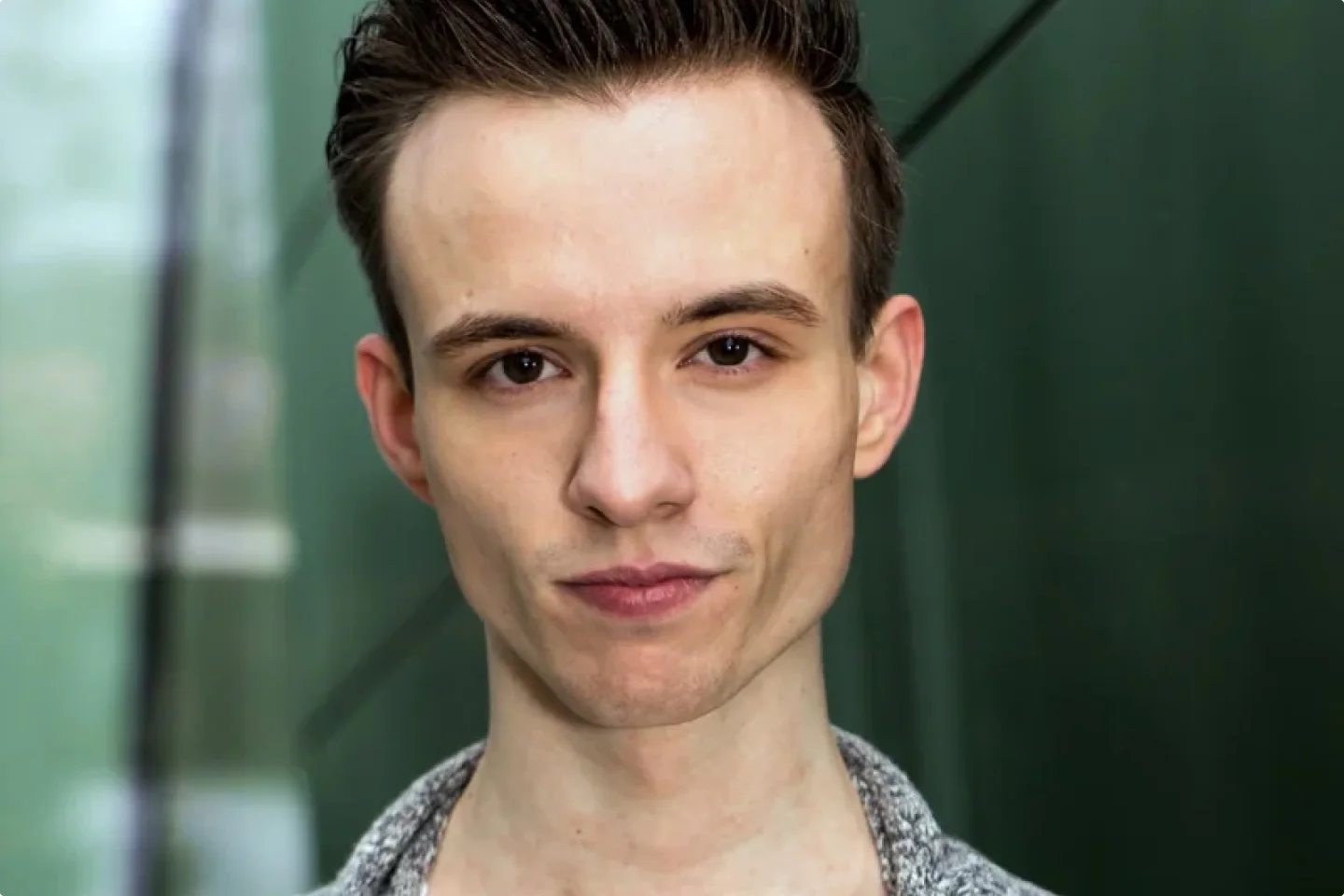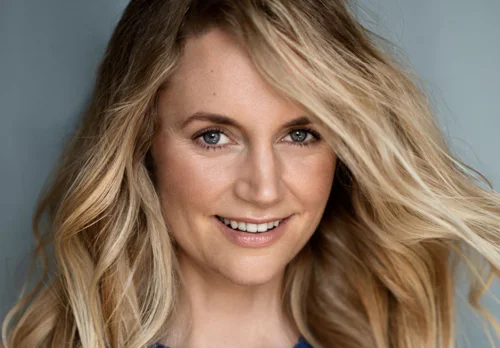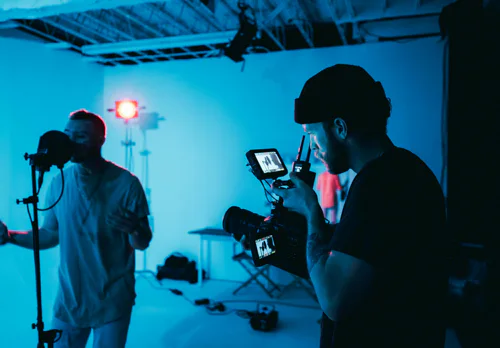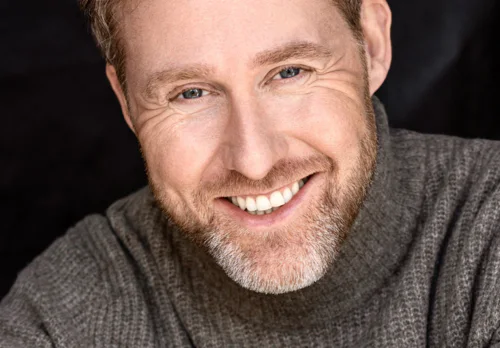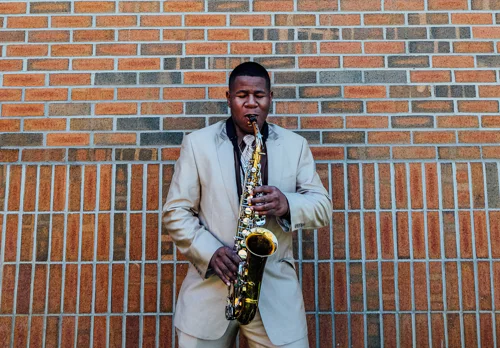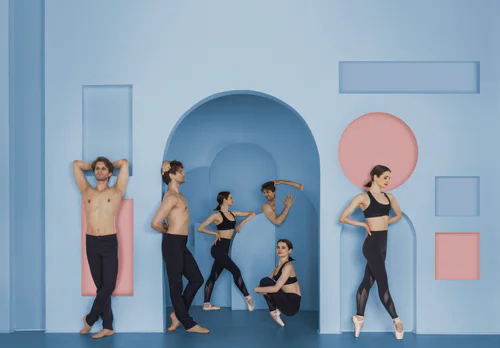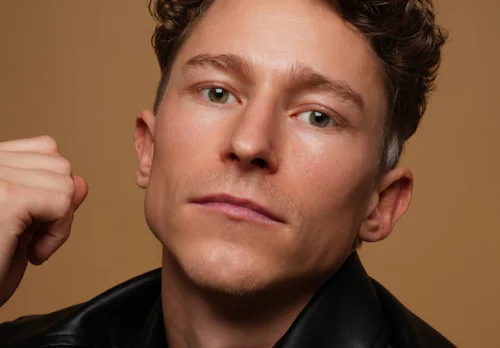What qualities and skills should a prospective musical performer have?
There are certain requirements that a young artist should fulfill before training to become a musical performer.
First of all, there are the obvious technical skills that a young musical performer should have an above-average command of: acting, singing and dancing. This also includes excellent body awareness and control as well as excellent fitness to be able to perform dance movements gracefully and keep up conditionally. Performers should also have a strong memory and be adept at multitasking to be able to process and reproduce lyrics, melodies and choreography all at once.
In the area of interests, it is important that prospective musical performers are enthusiastic about creative and artistic tasks, such as interpreting musical roles, designing show programs and practicing correct facial expressions, gestures, movements and speech for the role to be played. Accordingly, empathy is another basic requirement in order to be able to put yourself in the shoes of the respective characters. Enjoying being on stage and presenting yourself to an audience is a prerequisite.
In the third instance, character traits and socially competent qualifications determine the suitability of a candidate. They should definitely be a strong team player and have good communication skills, as they will be constantly working with their ensemble colleagues during their studies, rehearsals and performances.
You should also be willing and open to exploring and developing your own personality. Former students report that this task sometimes pushed them to their emotional limits. Beginners in particular can sometimes be very impatient with themselves if not everything works straight away. However, those who show a great deal of commitment, willingness to learn, ambition and discipline, while remaining open to criticism, are best placed to become successful later on. They should be able to cope with the constant pressure to perform. As you can see, being a musical performer requires not only physical commitment, but also mental stability and self-confidence.
What vocational training is required?
The majority of job advertisements for musical performers require professional training. In view of this, there are only a few performers who try to enter the musical theater business without any training or studies. After about eight semesters of musical theater studies, graduates are optimally prepared for entering the show business and have a solid foundation, but this is no guarantee of engagements.
If you are absolutely sure that you want to become a musical performer, it is best to apply to a special musical school straight away. Although drama schools also teach dance and singing, they do not pursue a holistic and interdisciplinary approach, as is the case with musical schools. There, the instructors focus equally on the requirements of acting, dancing and singing.
Applicants can choose whether to study at a state university, such as the Bayerische Theaterakademie August Everding or the Universität der Künste Berlin, or join private training institutions such as the Stage School Hamburg. State universities now offer both Bachelor's and Master's degree courses in musical theater. Anyone seriously interested in studying musicals should attend one of the many taster or orientation days offered by universities throughout Germany. During their visit, young prospective students have the opportunity to find out in detail about the training program and the focus of the respective institution so that they can later send their applications in a targeted manner.
At state universities, the course usually lasts eight semesters (approx. 4 years) and graduates either complete their studies with a diploma or as a state-certified musical performer. Private institutions dismiss their students after around six to eight semesters, and their training is subject to a fee. However, applicants can apply for BAföG or apply for scholarships.
What is taught on the course?
By and large, the foundation course consists of theoretical, academically-oriented modules, such as music history and music theory, as well as practical courses in acting, dance and singing. The focus is on developing personal skills in all three disciplines. For example, individual talents are encouraged in one-to-one lessons. In addition to technical skills, core competencies such as interpretation skills and presentation styles are also taught. Personal development continues to play a central role. By regularly performing in front of an audience, students should become accustomed to the pressure to perform and learn to perform confidently and professionally despite stress.
Here is an excerpt from the curriculum of the Bavarian Theater Academy August Everding
Core artistic subject I - IV
Singing
Solo singing
Ensemble
Song interpretation/performance class
Correpetition
dance
ballet
jazz
Modern
tap
Afro
Fitness
Choreography
Acting
Basics (musical specific)
Scene study and monologue work
Project work and workshops
Speaking
Body, breath, voice
Phonetics, articulation
Text interpretation, text presentation
Artistic practice I - III
Open Stage
Correpetition
Accompanying instrument
Vocal function
Ensemble singing
english
Show Choreo
Song interpretation
Students are recommended to look for additional qualifications early on during their studies and acquire them in the form of special courses or internships. This increases their chances on the job market.
If you add the individual lessons, courses for additional key skills, performances and examinations to the regular lessons, you can end up working over 40 hours a week.
What do I have to do to qualify for a degree course?
Requirements
In order to be admitted to study at universities or equivalent higher education institutions as well as universities of applied sciences, you must first apply in writing. This requires a general higher education entrance qualification or, if applicable, an entrance qualification for universities of applied sciences. Furthermore, most musical schools require a minimum age of 16 to 18 years. Some schools even set a maximum age and only accept applicants up to the age of 26, for example.
You should also have some previous experience, for example as a member of a school drama club, band or dance group. It is therefore worth starting singing, dancing and acting at an early stage and collecting suitable references.
Entrance examination
Many applicants have the illusion or hope that the first entrance exam will be a success. However, experience reports claim the opposite. One entrance exam follows the next. However, you should not be discouraged by this. Some musical schools even offer special workshops in advance to prepare applicants for the entrance exam.
The aim of the entrance exams is to determine the acting, dancing and vocal aptitude of the candidates. Therefore, the applicants' task is to sing songs, perform roles, rehearse choreographies in the group and perform dances. The admissions committee filters out the best talents who have a high level of comprehension and concentration and who they believe have the greatest motivation to persevere in the long term.
How do I convince people in the application process for a first job?
Under no circumstances should graduates underestimate their final presentation. After all, there could be important casting directors, producers or artistic directors in the audience who could open the door to your first engagement. So here's our advice: take enough time after your performance to find these people and get to know them better.
It's perfectly understandable that your pulse is racing before the audition for your first job. The jury members can empathize with the applicants only too well. However, they are also the ones who ultimately have to assess them.
To help you shine on the day, we have summarized the most important tips for you:
Generally speaking, good preparation is half the battle!
Choose a role that best shows off your strengths and have one or two other roles up your sleeve. However, the roles should be different.
Choose a casual-chic outfit that fits well and looks neat. You should feel comfortable in it and be able to move freely enough for dance interludes.
If you generally tend to be a nervous wreck, meditation exercises or calm music could help you.
Keep your vocal chords warm with a scarf or hot drinks and make sure you warm up your voice before you enter the audition room.
Sheet music, cheat sheets or anything else are taboo.
As soon as you enter the audition room, absolute concentration and attention are required.
Always remain friendly and polite.
If you make a mistake, carry on as if nothing had happened.
